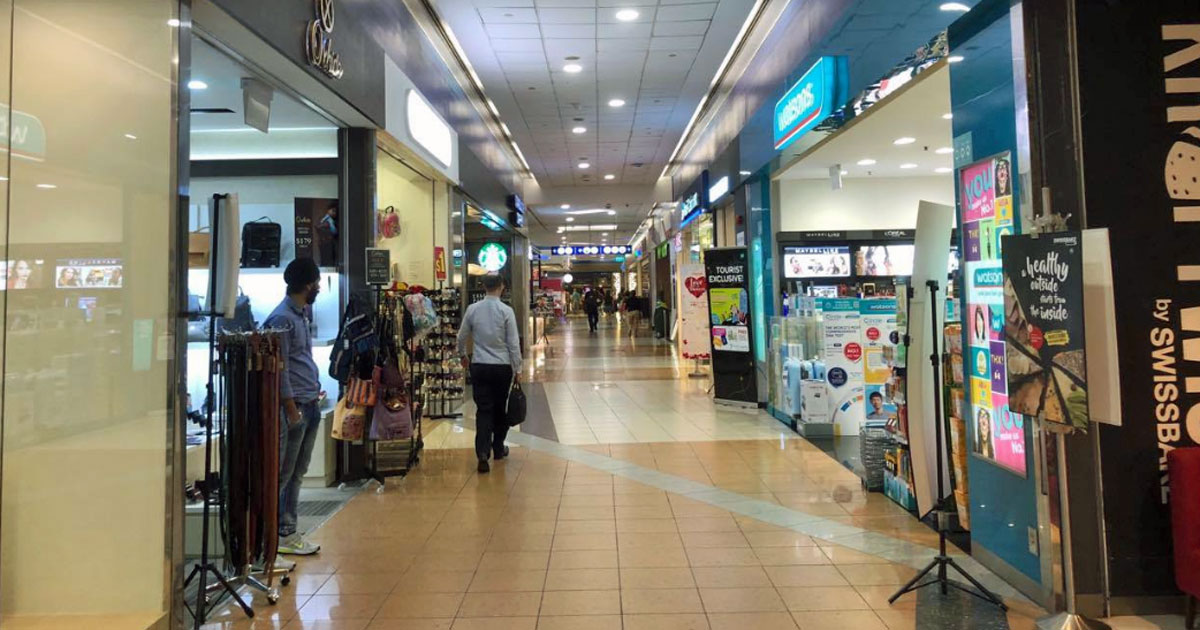Update, June 17, 2020: This article has been updated following new data provided by Acra. The number of business entities that have ceased in April 2020 is 3,771, not 8,663. This is comparable to the business cessation number of 3,793 for March 2020 and 4,124 for April 2019.
A total of 3,771 business entities closed in April 2020 as the Covid-19 pandemic continues to lay to waste enterprises in Singapore.
This figure is comparable to the number of cessations in March.
The number of business entities formed in April was also the lowest since 2013, at 3,767.
The first three months of 2020 saw between 4,514 and 5,082 entities formed.
Things could only get worse
Things could get worse for businesses though.
Job losses will go up in the second quarter as businesses fold in April, on top of the government cutting wage support for most sectors and the lifting of temporary freeze on loan repayments as the circuit breaker ends.
Wage subsidies will drop sharply in June for most firms from 75 per cent to 25 per cent, and that is also when the grace period of six months ends for loan moratoriums.
Not everyone received lifeline
The implementation in early April of the circuit breaker and the subsequent four-week extension spelt trouble for businesses.
Companies will have no use for the Jobs Support Scheme when they are already closed down.
Subcontractors of major industries, such as tourism and aviation, do not get the same level of state relief.
This means not everyone down the line received lifelines.
F&B hard hit
Business entities such as those in the retail and food and beverage (F&B) sectors might not weather the pandemic if they lack sufficient financial reserves.
Some 159 business entities in the F&B sector shuttered in April, compared to the range of 160 to 226 in the first quarter.
In the retail trade, 362 ceased operations in April, as compared to the 351 to 539 recorded in the first quarter.
Job losses can reach 150,000 to 200,000 in 2020, far worse than past recessions.
More than half of these will be foreigners.
Foreigners will not be accounted for in the unemployment rate as they would have to leave the country once they are out of jobs.
Pockets of opportunity
The worsening trend will likely start easing near year-end or early next year -- if and when most lockdown measures have been relaxed.
There are still pockets of business opportunities in the current crisis for healthcare, e-commerce, debt collection, and corporate restructuring.
Business formation numbers can possibly improve by early next year when prospects of a vaccine in the middle of 2021 brighten the outlook.
Large cessation numbers in the early stages of the Covid-19 pandemic confirms that this recession will be far deeper and worse than the 2003 severe acute respiratory syndrome (Sars) outbreak and the 2008-2009 Great Recession.
In 2003, during the Sars outbreak, the hit to the economy lasted for only a quarter and the impact was localised.
The financial crisis in 2009 was a typical economic bust where there was no supply shock, and businesses failed over time.
Top photo by Mandy How
If you like what you read, follow us on Facebook, Instagram, Twitter and Telegram to get the latest updates.
